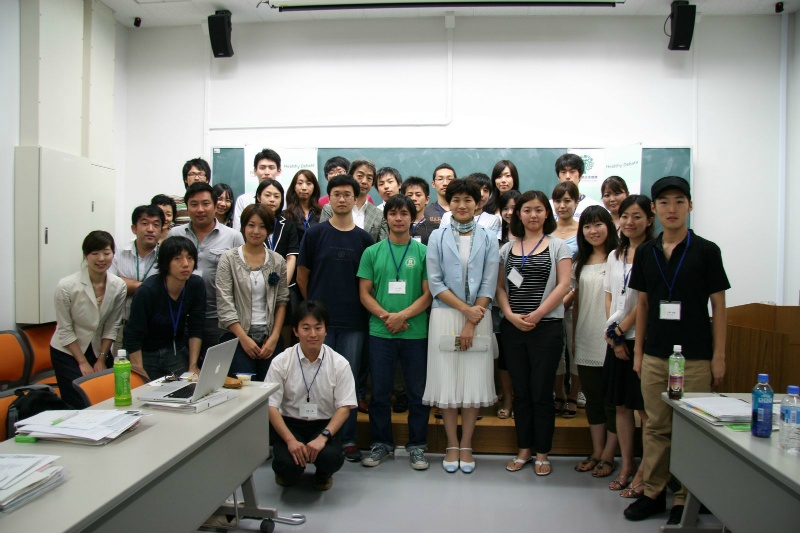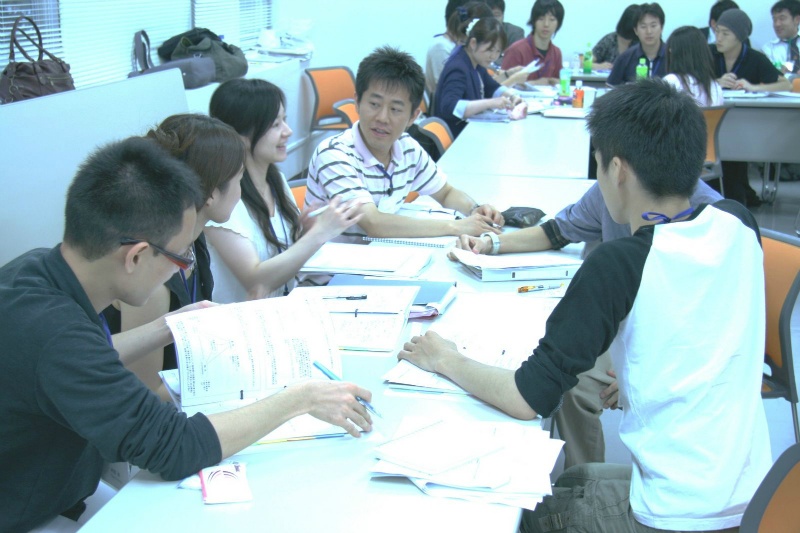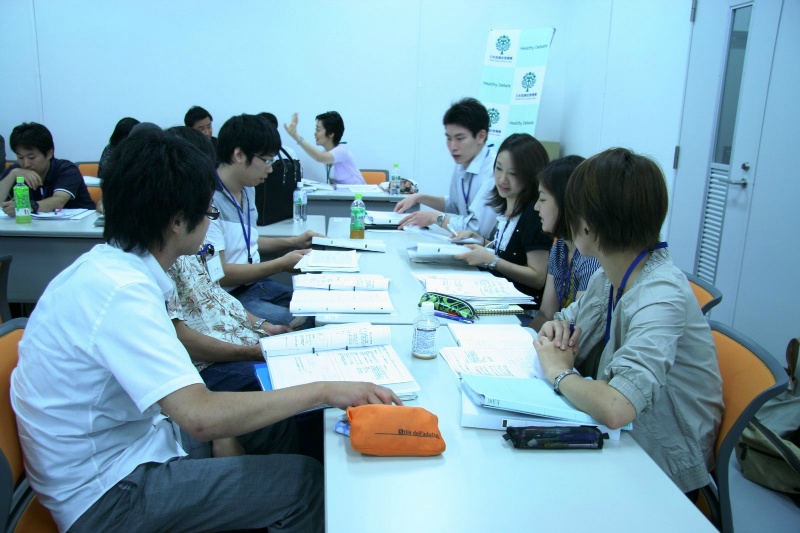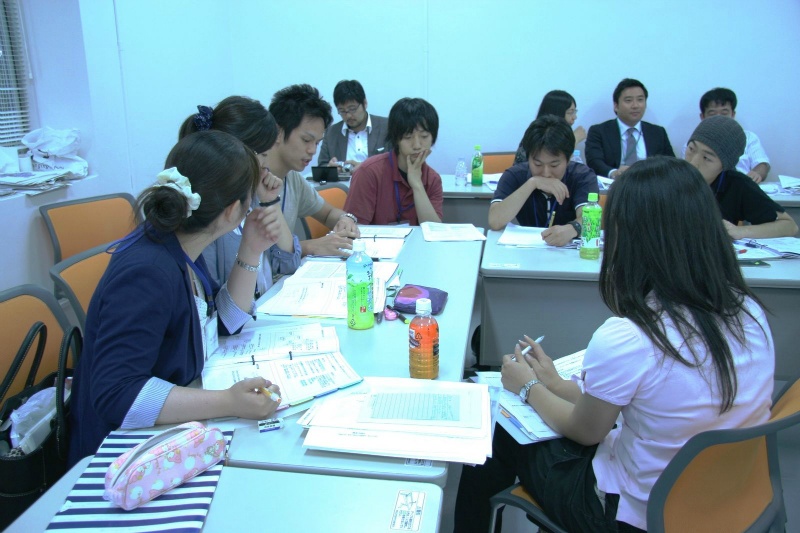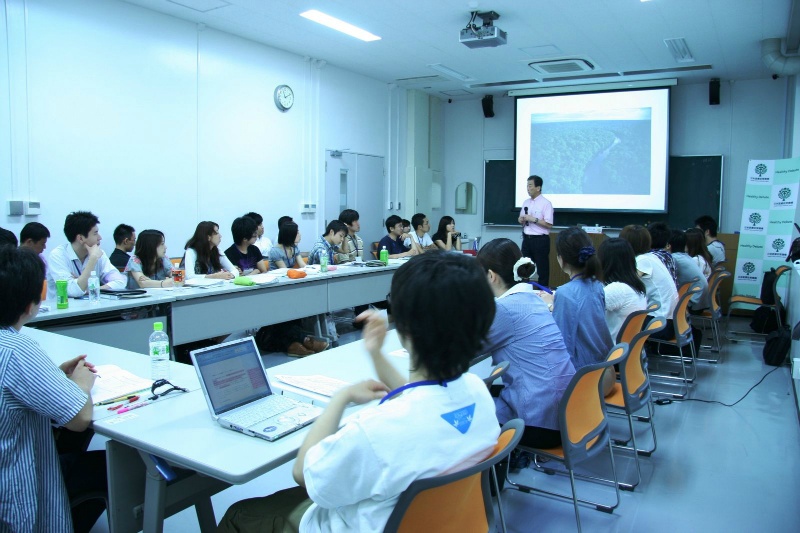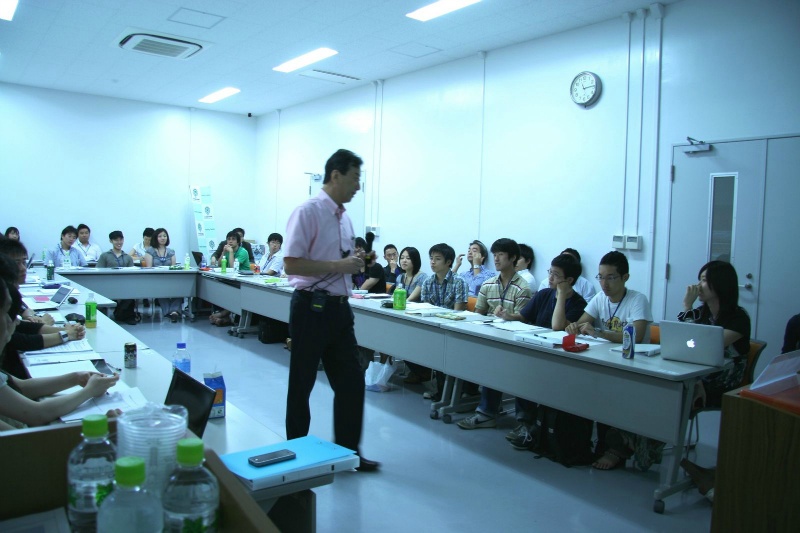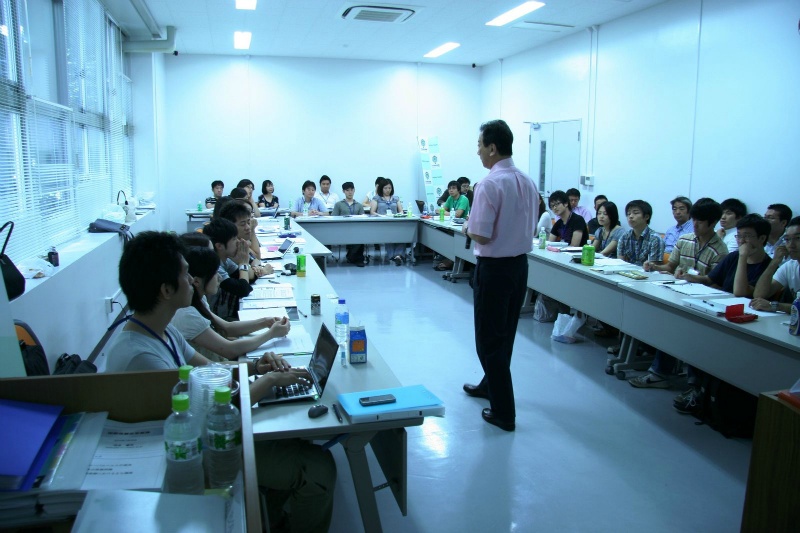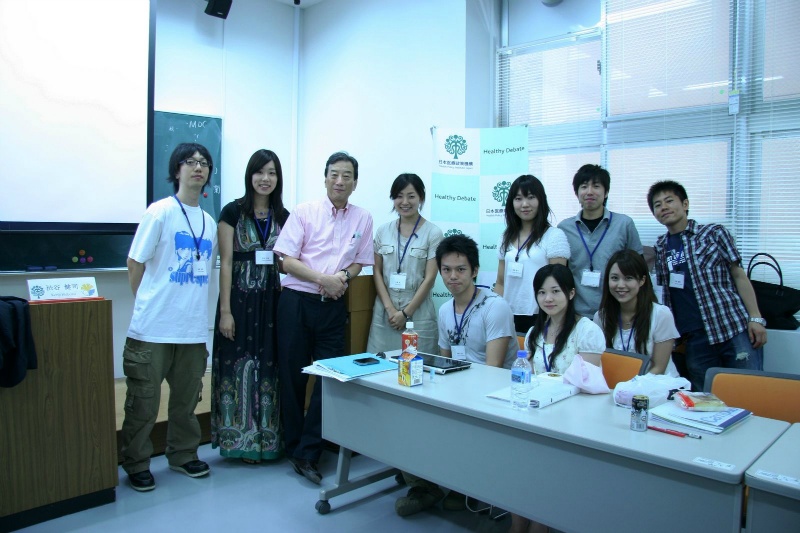I often hear people say that young people today are not interested in going abroad. I sometimes feel that way, too.
However, did those older people who blame the young go abroad by their own will? I suppose many of them did. But on the other hand I think many ‘had’ to go, or were ‘sent’, for business. Such was the historical background of their time when Japan was growing in high speed.
In these 20 years, the world has changed dramatically. I have been telling you about this over and over again.
In this column, please allow me to introduce you (since this is somewhat personal) a recent article about myself which appeared in the ‘Nikkei Business’ as part of the advertisement essay series ‘Clef de Temps’ titled ‘Because This is the Time of Uncertain Future, Be More Courageous’ (in Japanese).
The essence of this essay is basically the same as what I wrote in ‘How to Build a Global Career’, a book with Prof. Yoko Ishikura, or what I repeatedly write in this blod postings. However I am impressed with the way this essay is written – a professional stylish writing.
The world trend difficult to forecast, sluggish situation of Japan economy, rapidly changing world. ‘Secluded, insular minded’ Japan.
Well, we can begin with having some courage and ‘going outside, abroad’(Ref.1,2). Especially while you are still young.
Will ‘Japanese common sense’ still work when you are ‘out’ abroad? You will be able to see, know, feel yourself and Japan much better there. You will find much, much broader possibilities, different values. Nobody is sure about what will happen in the future.
Also, I recommend that you listen to the speech by Steve Jobs of Apple, the creator of iPad, at the commencement ceremony of Stanford University.

